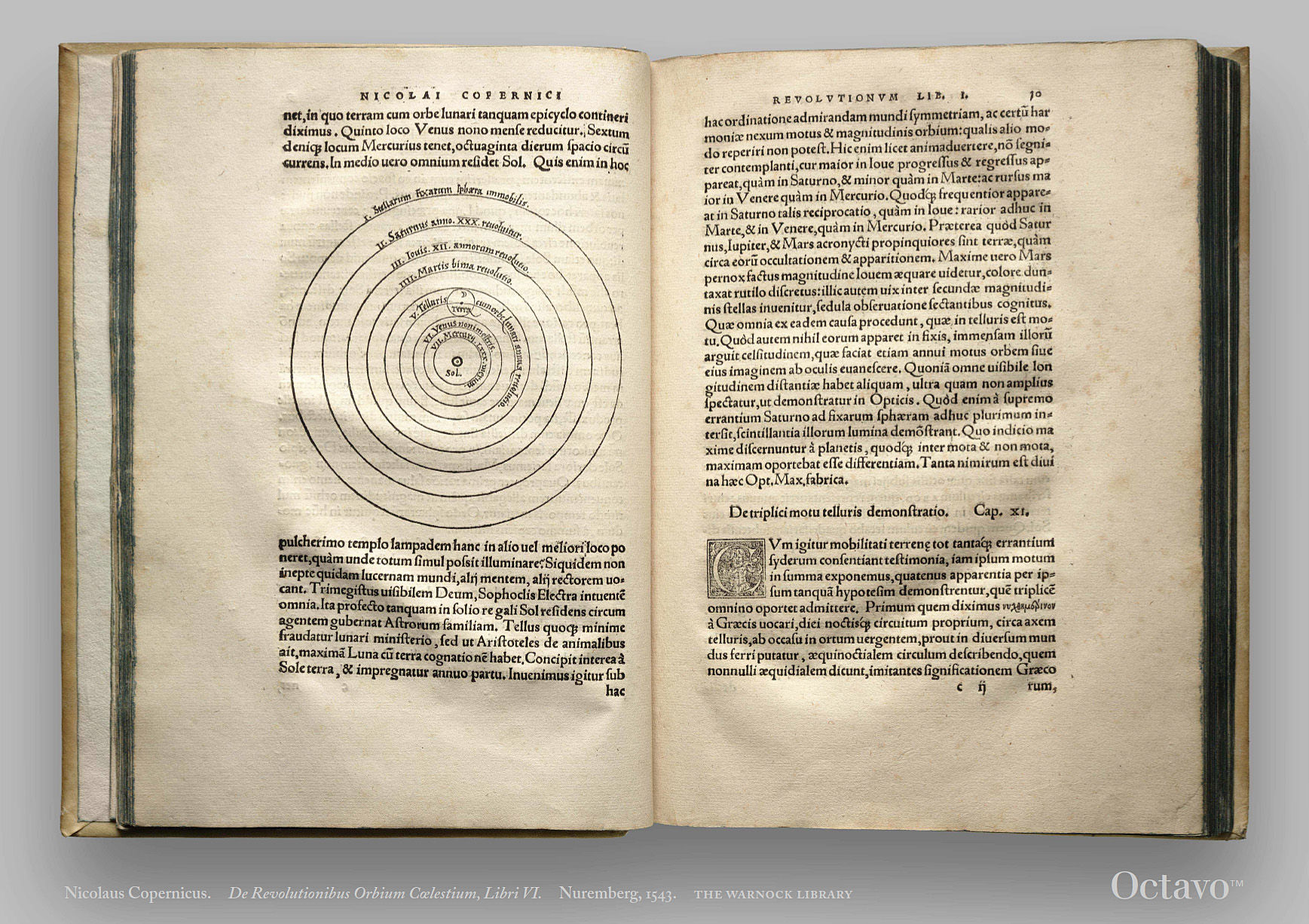
Explain how he applied it to what is referred to in Question/Activity no.

Why did Copernicus first decide to "look for another way of reckoning the movements of the heavenly bodies"? Elaborate on your statement, including his comments, and emphasizing his two main reasons.For each case, explain how this metaphor applies, and why to avoid it.

In which metaphorical way did Copernicus refer to "drones among bees"? Apply this metaphor to something in your life, then to something around you, then to something in the present world, and then to something in the past.Consider the consequences of the way Copernicus handled the situation if he did it that way today. Compare these situations (i.e., time between thinking of, then writing, then publishing, scientific ideas) with the way it happened in his day and the way it happens today. Identify how long it was after Copernicus wrote "the commentaries in proof of motions" that he allowed his ideas to be published, and why? Tell reasons why he at last allowed his ideas to be published.This online translation is a reproduction of the one in the 1910 Harvard Classics print edition. When he wrote "men of philosophy" or mathematicians, and philosophy, he was actually referring to scholars or other thinkers and thinking logically.


He reveals what his publication is about and his reasoning behind it. The "Dedication" is like a letter in which Copernicus "talks" to the person to whom he chose to dedicate his publication. SITE SUMMARY: This document is a translation of Copernicus' "Dedication" essay that accompanies his treatise describing the scientific theory stating that the sun, not the earth, is the center of the solar system, an idea for which he has been remembered through time. "Dedication" to The Revolutions of the Heavenly Bodies


 0 kommentar(er)
0 kommentar(er)
